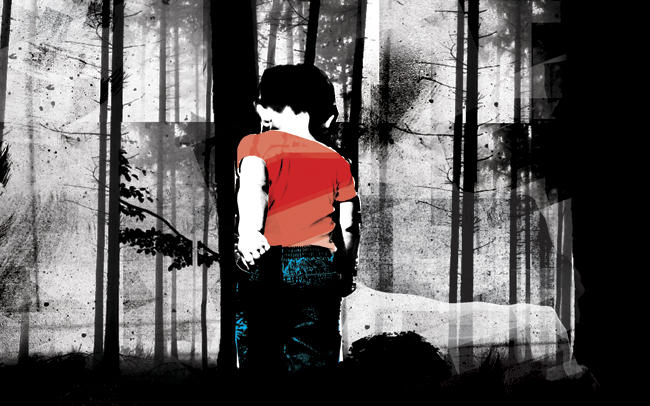With less than ten days until the start of the campaign for the LDP's presidency, the field is shrinking, not growing.
Nakagawa Hidenao, who in the immediate aftermath of the general election was convinced that his survival was fate and declared he would contest the election, will not be running in the race after all. His reasoning is that the LDP needs generational change — and it needs a post-factional leader who won a single-member district.
The LDP, however, seems more concerned about who its members should vote for on 16 September when the Diet will pick a new prime minister than who should be charged with the difficult task of remaking the LDP for opposition. Uesugi Takashi reviews the struggle to decide who to vote for for prime minister — initially some wanted to vote for Aso Taro, while others wanted to abstain — and concludes that while the revival of the LDP is "absolutely indispensable for democracy," it looks as if the LDP's revival is "receding into the distance." For the record, the LDP has agreed that it will vote for Wakabayashi Masatoshi, an upper house member who was Abe Shinzo's third and fifth MAFF ministers, as well as Fukuda Yasuo's first. Wakabayashi, it seems, is a man who can be counted on to be pressed into service by his party when it needs to fill a spot.
A group of younger LDP members — twenty-two members from both houses who have been elected seven times or less — calling itself the "Party Rebirth Council" met Wednesday to review the LDP's defeat and to consider how the party can recover. The council plans to have a report ready by the time the new leader is elected. As I have previously suggested, the council will recommend replacing the cumbersome policymaking system and other internal structures that ensured that the LDP itself was a more effective obstacle to policy change than the "opposition" parties. It is good that at least some LDP members are considering how the party needs to be changed, but the choice of leader will be essential, especially because, as Yamamoto Ichita writes, the new leader will presumably contest next year's upper house election, the Hatoyama government's first electoral test. Aso himself has called for unity as the party begins its struggle to return to power, but the LDP, never unified in the first place, will require a leader with the power to force others to obey. In a party with too many leaders and not enough followers — and too many members elected thanks to their name — the next leader will struggle to unify the party, even if the factions are dissolved. (Yamasaki Taku is the latest to call for the dissolution of the factions — seemingly impressive, as Yamasaki is a faction leader despite losing his seat last month, but less impressive considering Yamasaki's history of independent behavior.)
So as much as some younger members claim to desire a change of generation within the party, no one seems particularly willing to step forward into what will likely be an impossible job that could end quickly with a defeat next summer.
They ought to pick someone telegenic: if the DPJ succeeds in changing the policy process as planned, there will be little role for the LDP but to ask meddlesome questions in the Diet, criticize the government in the media, mind the party's internal organization, and wait for the DPJ to become exhausted, corrupt, and incapable of controlling cabinet ministers and backbenchers.
Finally, as a sign of how low the LDP has sunk, Sankei's Komori Yoshihisa has a long blog post in which he tears into the LDP for basically being inadequately conservative (although still better than the "dangerous" DPJ and its policies, which Komori wonders, may not deserve the name "policies"). These are the kind of pressures awaiting the LDP's next leader. Caught between the voters and an agitated conservative media and intelligentsia, between oppositionists and constructivists within the party, the next leader will be set up for failure. It may be a long time before we see a new LDP emerge.
Blog:
Other posts by Tobias Harris:







